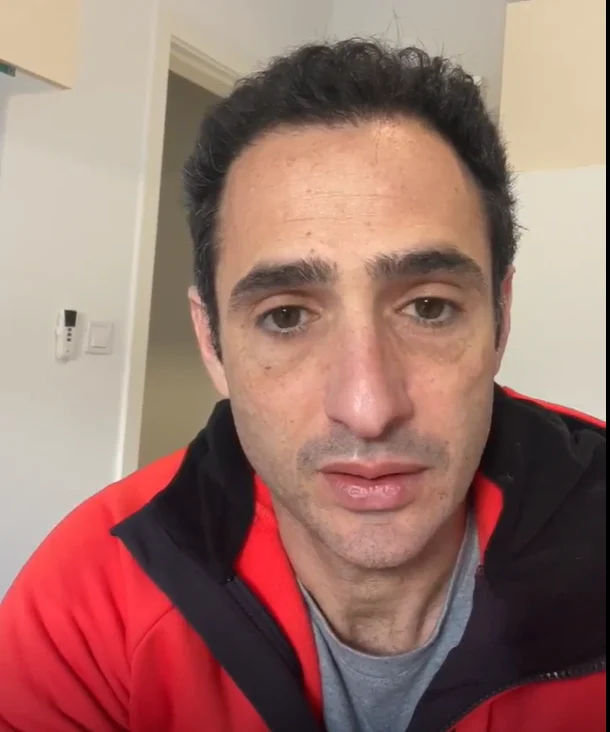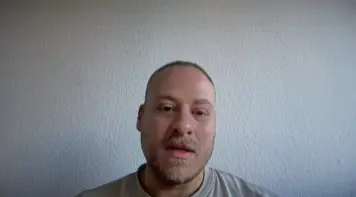The case between LinkedIn and hiQ Labs is a significant legal battle concerning data scraping, the use of publicly available data, and the boundaries of internet regulation. Here's what happened This case set an important precedent for how data is treated on the internet, particularly concerning public vs. private data hiQ Labs, a data analytics company, scrapes publicly available data from LinkedIn profiles to provide services to businesses, such as predicting employee turnover.
LinkedIn, a professional networking site, sent a cease and desist letter to hiQ, claiming that hiQ's scraping activities were unauthorized and demanding that they stop accessing LinkedIn's servers for this purpose.
LinkedIn’s Allegation
LinkedIn argued that hiQ's scraping of its site constituted unauthorized access, especially after explicitly revoking permission via the cease and desist letter. LinkedIn claimed that by scraping its website, hiQ violated the DMCA, which includes provisions against circumventing technological measures that control access to copyrighted works.
Proceedings
The dispute led to a series of legal battles, with the case eventually reaching the Ninth Circuit Court of Appeals. The court ruled in favor of hiQ, stating that the CFAA's "without authorization" provision did not apply to publicly available data on the internet.
Important Implications
The LinkedIn vs. hiQ decision is often referenced in discussions about the scope and application of laws like the CFAA and the DMCA in the digital age. It highlighted the tension between individual privacy rights and the interests of businesses in accessing and using data.







.svg)
.svg)
























